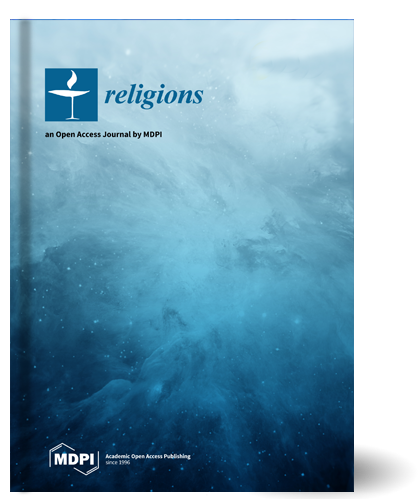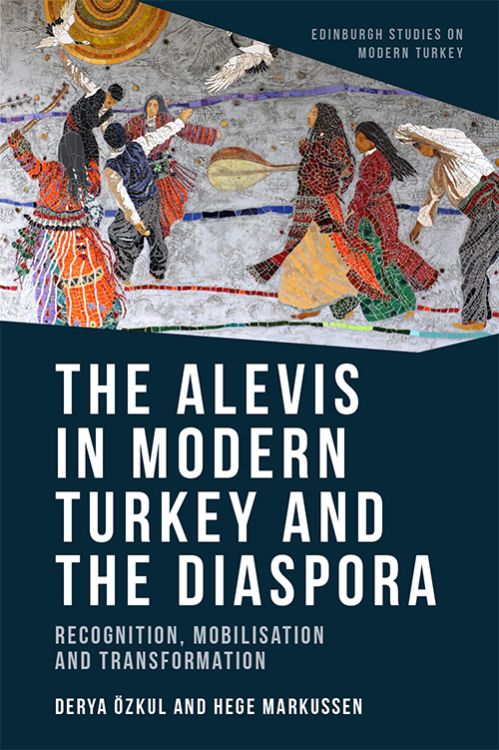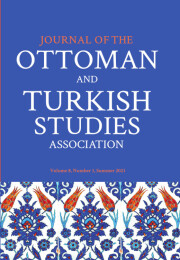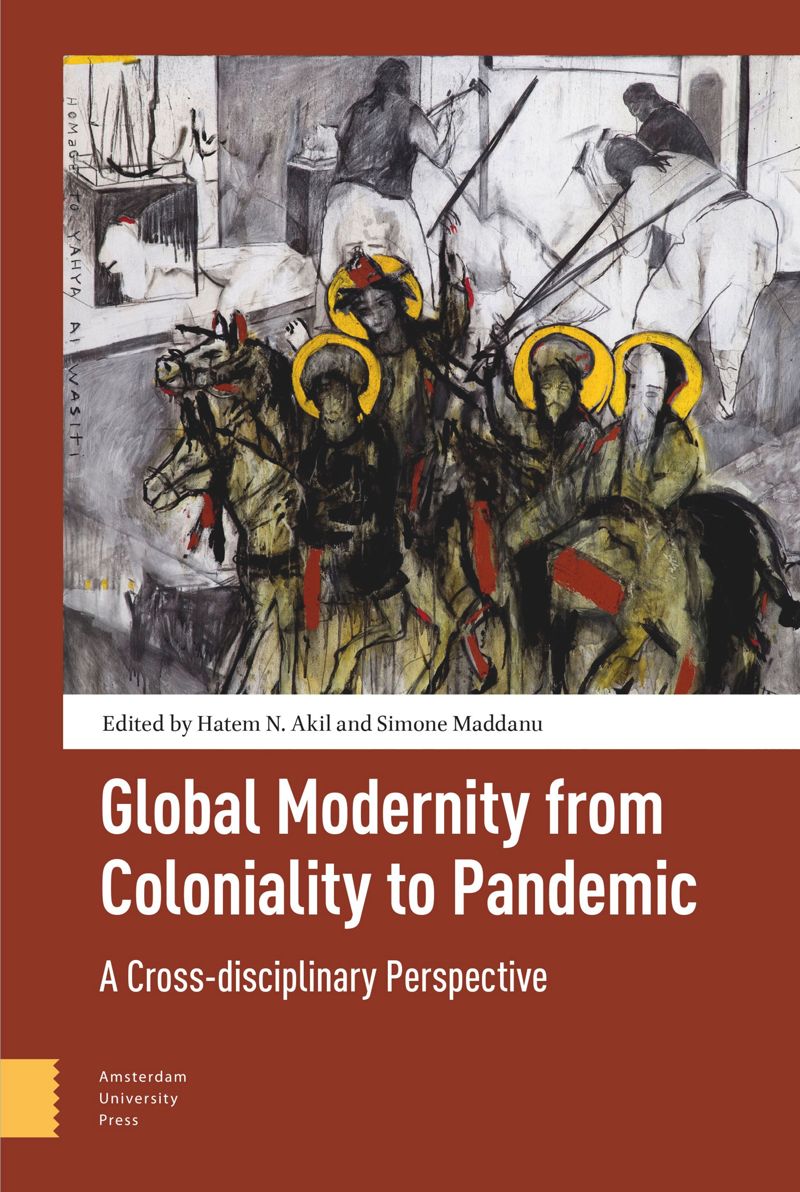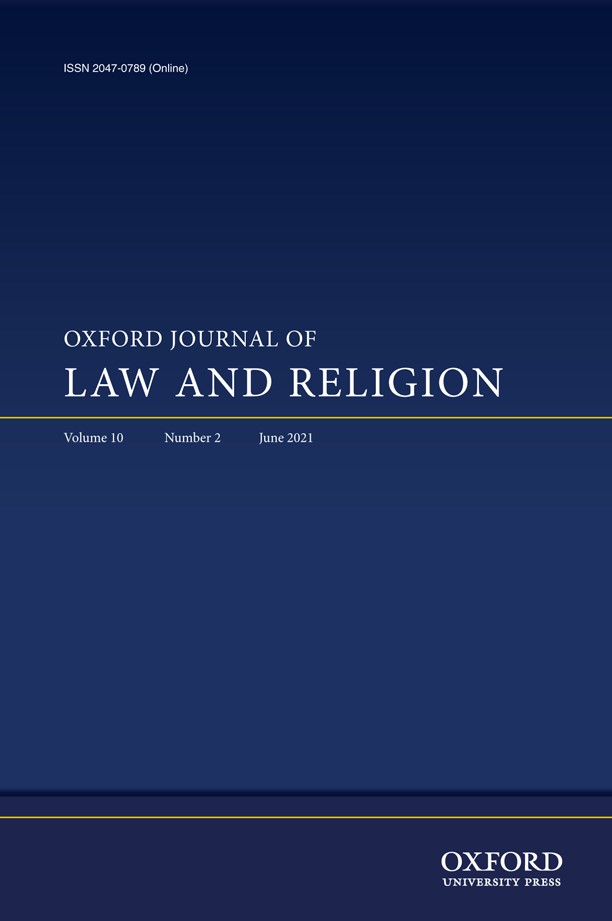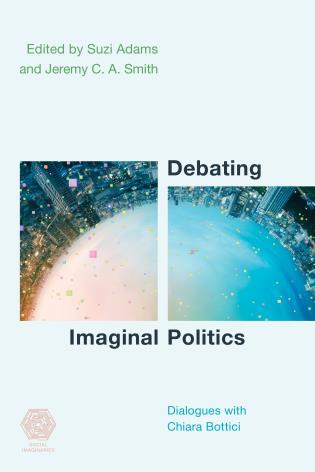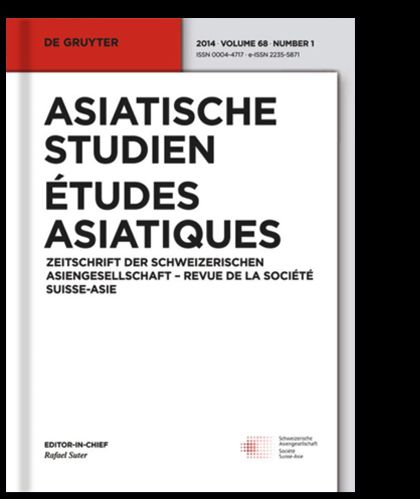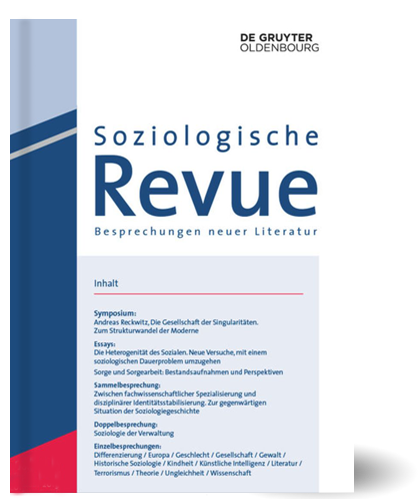
Man könnte meinen, der von Christiane Frey, Uwe Hebekus und David Martyn vorgelegte Quellenband zu „Säkularisierung“ käme so verspätet wie die Zeitungen von gestern. Theorien der Säkularisierung, wie allgemeiner des Säkularen, sehen sich gegenwärtig heftiger Kritik ausgesetzt, die – anders als frühere Einwände – ihre analytische Leistungsfähigkeit fundamental in Frage stellen. Die Kritik kommt dabei heute vor allem von außerhalb der Soziologie und der Geschichtswissenschaft: aus der Anthropologie, den Postcolonial Studies und – teils mit ihnen verbunden – diversen Area Studies. Auch wenn sie manche besonders „hartleibigen“ Bereiche der Soziologie bisher wenig zu tangieren scheint, hat sie doch zu – teils reflektiert, teils willfährig erscheinenden – Revisionen und Anpassungen geführt, die es sinnvoll machen, sowohl Theorien der Säkularisierung als auch deren Kritik auf den Prüfstand zu stellen. Dafür braucht es theoriegeschichtliche Quellen. Einen wichtigen Teil dieser Quellen präsentiert, bis zu Augustinus zurückreichend, der vorgelegte Band. Und er präsentiert damit gleichzeitig eine Ideengeschichte der Säkularisierung.
Wohlrab-Sahr, Monika, and Florian Zemmin. “Die Relevanz Der Säkularisierungstheorie Im Globalen Zeitalter: Frey, Christiane/Hebekus, Uwe/Martyn, David (Hrsg.), Säkularisierung. Grundlagentexte zur Theoriegeschichte, Frankfurt a. M.: Suhrkamp Verlag 2020.” Soziologische Revue 44, no. 4 (2021): 506–17.



